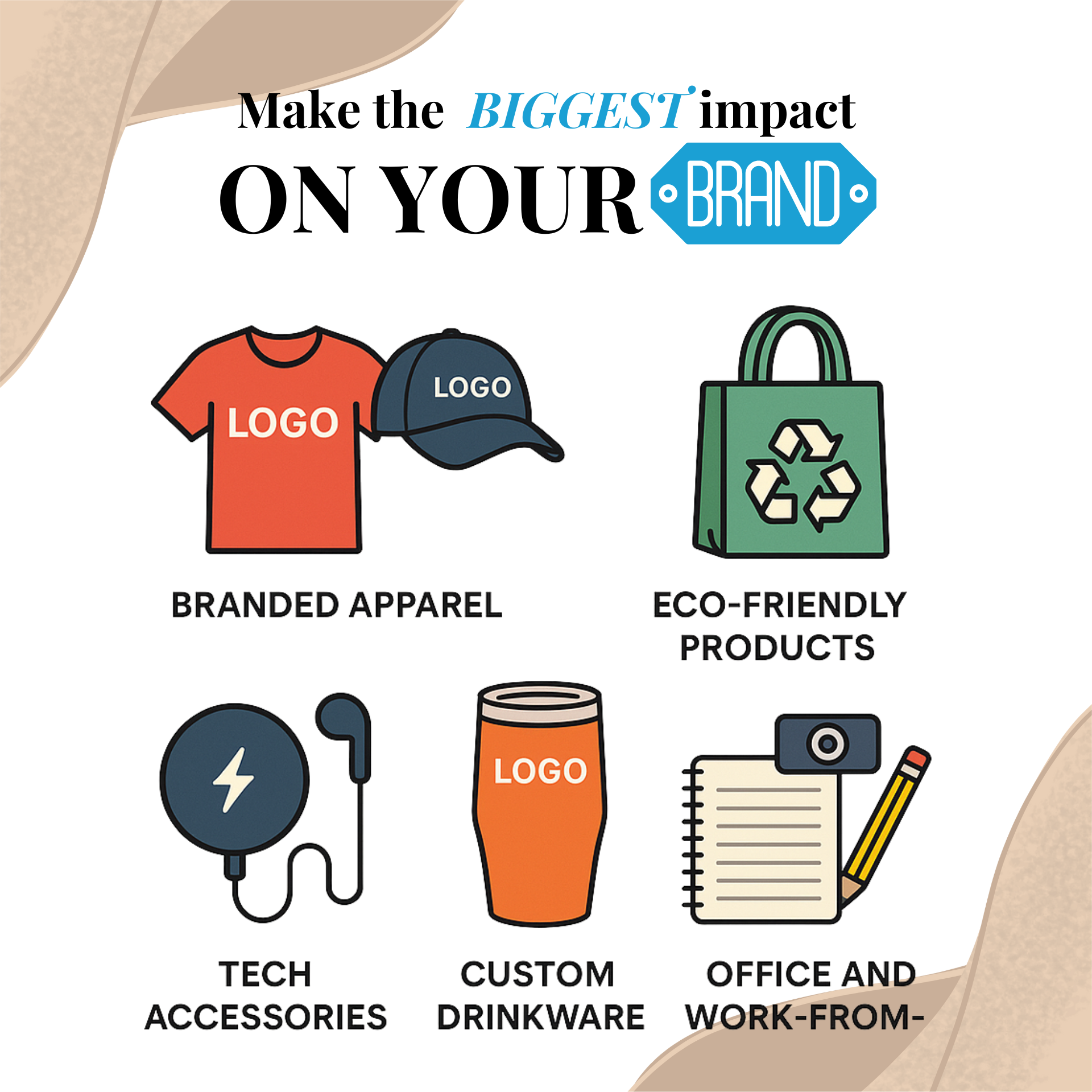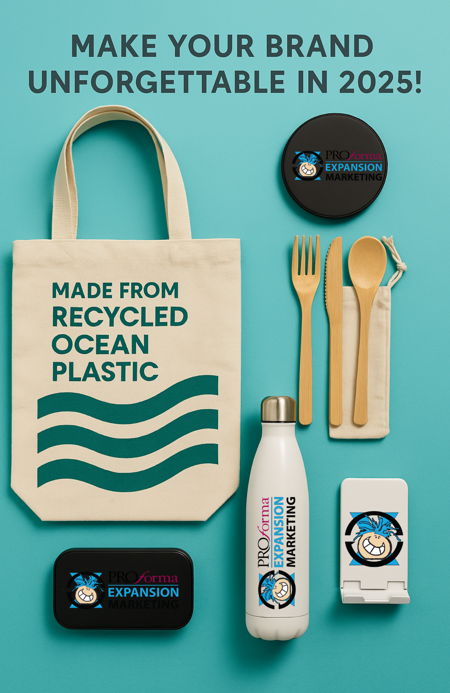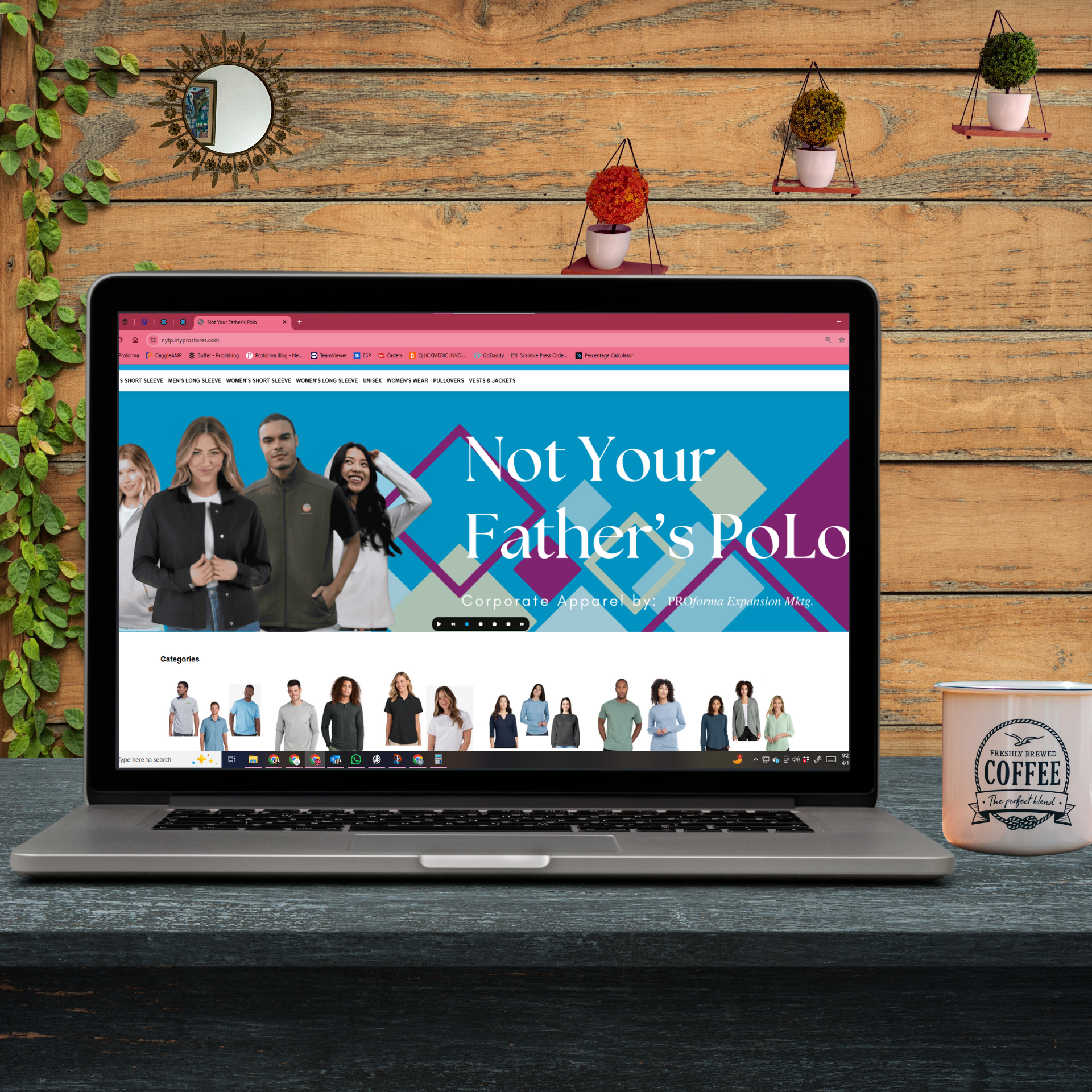As companies continue to navigate a post-pandemic world, it’s not just where we work that’s changed—but how we work and present ourselves. In 2025, more businesses are rethinking workplace dress codes as a way to boost employee satisfaction, reflect company values, and remain competitive in a tightening talent market.
The Shift in Workplace Attire
Recent data supports what many of us already feel—formal dress codes are no longer the norm. A 2024 study by the International Foundation of Employee Benefit Plans found that:
- 54% of employers now use a business-casual dress code
- 43% have gone fully casual
Meanwhile, only 31% of hiring managers still consider strict dress-code guidelines essential, a notable drop from 49% just five years ago. With 45% of Americans reporting they wear suits less frequently than a decade ago, the traditional corporate wardrobe is clearly on the decline.
Why a Relaxed Dress Code Makes Business Sense
A relaxed dress policy isn’t just about comfort—it’s a strategic move. Here’s how it benefits both businesses and employees:
1. Enhancing Employee Attraction and Retention
A flexible dress code can be a major draw for job seekers and a reason current employees choose to stay. Especially in industries facing talent shortages, relaxed dress expectations can offer a valuable competitive edge.
2. Cultural Alignment
Dress codes should reflect the company’s personality and values. When policies are aligned with culture—and when employees are involved in shaping them—it creates a stronger, more authentic workplace environment.
3. Boosting Morale and Inclusivity
According to a Clarify Capital survey, 75% of American workers say the workplace has become less formal, and 63% view that change positively. Casual dress encourages authenticity, reduces unnecessary hierarchy, and helps build an inclusive culture.
Potential Challenges to Consider
Of course, relaxing dress codes doesn’t come without its challenges. Companies should consider:
-
Balancing Professionalism and Flexibility
A hybrid approach—professional attire for client-facing roles and casual for internal teams—can keep things polished without losing comfort. -
Avoiding Workplace Distractions
Even in relaxed environments, guidelines should be clear about inappropriate attire, including offensive language, political messages, or disruptive imagery. -
Industry-Specific Needs
Some fields like finance, law, or healthcare may still require more formal standards to maintain professionalism and client trust.
Final Thoughts
Workplace culture is evolving—and dress codes are evolving with it. A thoughtful, balanced approach to dress policies can:
- Improve employee satisfaction
- Support inclusive workplace culture
- Strengthen talent acquisition and retention
At Expansion Marketing, we help businesses align their internal policies with modern workforce expectations. If you’re considering a dress code update or a broader brand culture refresh, we’re here to guide you.







